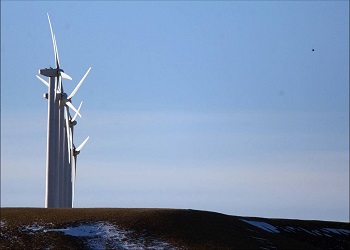Trout Unlimited has been very active since the floods of 2013. Four of our twenty four chapters were impacted by the floods; Alpine Anglers (Estes Park), St. Vrain Anglers (Longmont), Boulder Flycasters (Boulder), and Rocky Mountian Flycasters (Ft. Collins). Our chapters have been on the ground and working with existing partners like federal and local level governments, ditch companies, land owners, biologists and water suppliers; but recently an unexpected partner approached us and wanted to get involved in what we were doing. When all of that rain began to fall a lot of people had to change their plans. There was no exception for the Road Less Traveled Relays and Runners team whom organized the Flaming Foilage Relay. The runners had trained to complete this long and difficult race, and the race organizers had everything ready to go until the rain started to pour. Unfortunately, after all of the preparation, the 165 mile relay race from Idaho Springs to Buena Vista had to be canceled as it was scheduled the same weekend the flooding occurred.
Of course the runners were disappointed, but they were very understanding. All of the runners had already registered and paid for the race, and their money was non-refundable; even in the case of the flood. However, Paul Vanderheiden, the Race Director who works for Timberline Events wanted to do something with those registration fees that would give back to communities involved in the flood. Paul got in contact with the runners and promised the participants that he would make donations to groups that helped out people affected and/or groups helping with the rebuilding. Paul started to search for member groups that were involved in flood restoration projects.
Paul found information online about all of the work that Colorado Trout Unlimited had been doing with the flood restoration so he contacted Colorado Trout Unlimited wanting to donate to our efforts. This donation, courtesy of Roads Less Traveled Relays and Runners, will be used for on the ground restoration in the communities that were impacted from the floods.
For a lot of people the floods of 2013 were a horrific time. Thanks to groups like Roads Less Traveled Relays and Runners, Colorado Trout Unlimited can continue to be an active part of rebuilding the South Platte Basin. Timberline Events LLC has been a member of 1% For the Planet since 2006 and we thank them for giving back to conservation groups like Trout Unlimited.








